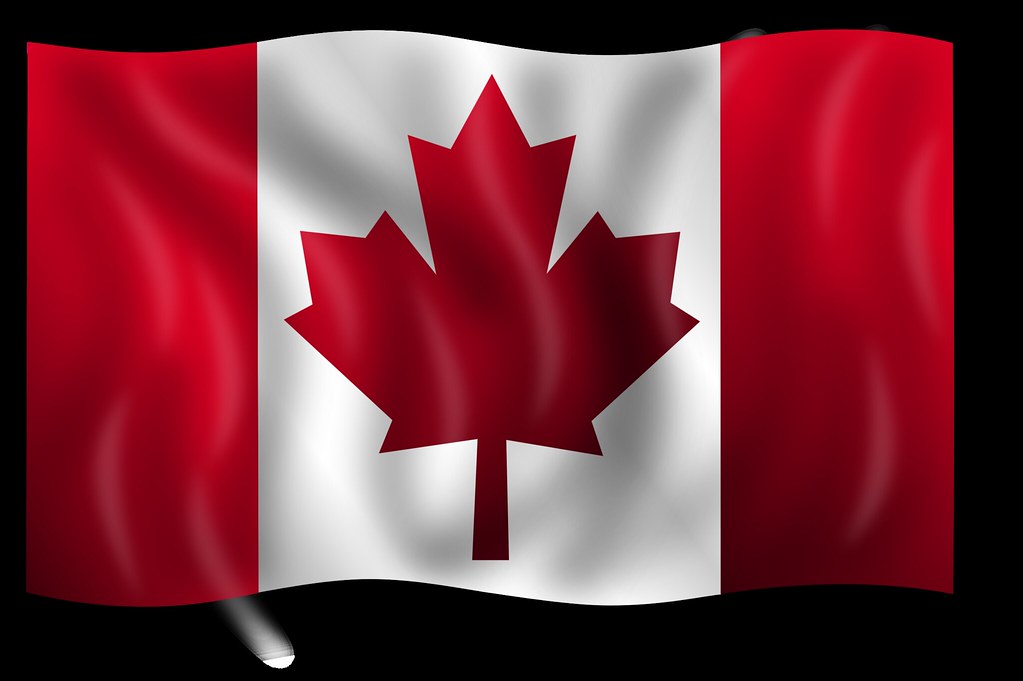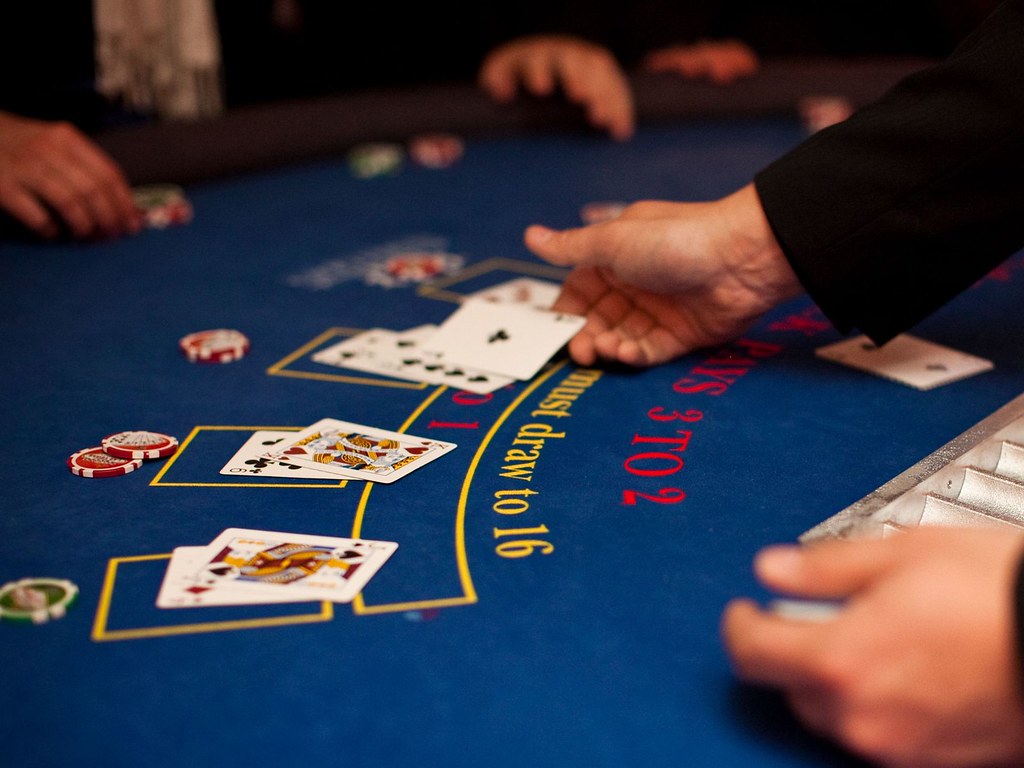
Canada’s gaming industry currently employs approximately 135,000 people. While most of these people are employed in land-based casinos, a growing number are involved in the online casino industry at some level. The gaming industry pays $2 billion in salaries every year and an estimated $10 billion of capital is invested in the industry. The Canadian gaming industry comprises charitable gaming, video lottery games, horse racing, slots games at racetracks, lottery gaming and of course casino gaming (land-based casino and online casino gaming). Up until 2009, online casino gaming was not permitted in Canada. However, this did not deter Canadian players from placing bets with foreign-based operators.

Top foreign online casinos offering fully regulated services to Canadians include 888 Casino, one of the pioneers in online casino entertainment. By 2010, an online casino was opened in British Columbia and in early 2011 the province introduced online poker gaming. In the Canadian province of Québec, Loto-Québec utilises the same online poker network as British Columbia. Mobile gaming is on the cards for British Columbia with the British Columbia Lottery Corporation.
As far as Ontario is concerned, 2012 was earmarked for online poker and online casino gaming. Much the same is true for Nova Scotia and Québec. Fortunately for Canadian online casino players, there are zero limitations on online gaming activity thanks to the Kahnawake Gaming Commission (KGC) in the Kahnawake Mohawk Territory. Note that the KGC is only responsible for issuing licences to online gaming sites in that territory.
Canada and Gambling: Regulations
The Criminal Code in Canada was changed in 1970. This was a watershed moment with respect to Canadian gaming legislation. It transferred authority over gambling to the individual Canadian provinces. In 1989, the first Canadian casino was built in Winnipeg. Several others soon followed in Saskatchewan, Nova Scotia, Ontario, Manitoba and Québec. Canadians also took to racetrack gambling over the years and this remains one of the most popular forms of gambling in the country. This was soon followed by video lottery terminals. In terms of unregulated gambling activity, the Canadian government does not perceive this to be a threat to the well-being of Canadian citizens. As such, it is largely ignored, and it is within the purview of citizens to determine whether or not they wish to play with these types of operators. As it stands, the most up-to-date provincial laws in Canada were put in place to control revenue streams. These also allow the government to have a hand in the online gambling industry.
In terms of overall regulation for the Canadian gambling industry, it is the Canadian Gaming Commission that has full oversight. The CGC resolves all issues relating to accountability, transparency and credibility. This pertains to sports betting, casinos, online casinos, online poker rooms and other activities. As per Canadian gaming law, individual provinces have full autonomy to determine how they wish to prosecute these types of matters. Canadian players are not subject to prosecution by the law if they wish to participate in online poker or online casino gambling. Canada has one of the most player-friendly online gaming communities in the world and it is widely regarded in that regard.
Polls Confirm That Canadians Enjoy Gambling

Many top-tier online casino operators that were rejected by the US have found a robust market in Canada. Online poker is one of the fastest-growing gambling markets in Canada. The legal gambling age for casino and online casino (online poker, online bingo, et al) will vary from one province to the next. Some Canadian provinces allow players to gamble at age 18, while others require that players are at least 19 years of age. Provinces do not encourage the prohibition of online gambling. They recognize that this is a viable revenue stream for them, and they prefer to monitor it effectively. In terms of actual numbers, a 2000 study indicated that some 70% of Canadians were involved in one or other form of gambling every year. By 2002 a poll indicated that almost 19 million Canadians gambled at some level. The provinces with the highest gambling rates include Saskatchewan and Nova Scotia.
In terms of taxation, gambling winnings in Canada are typically tax-free. However, if a person plays professionally, winnings will be taxable. Fortunately, Canadian players are allowed to play at foreign-based online casinos as there are no laws in effect to forbid this type of activity. This includes video poker, blackjack, online casino slots, baccarat, craps and the like. Unlike the United States, the UIGEA (Unlawful Internet Gambling Enforcement Act) does not apply in Canada.
This means that payments processors are allowed to transfer money to/from Canadian online casinos and player accounts. In fact, the vast majority of Canadian banks will readily process transfers of funds to online casinos. Any anomalies in transactions processing or payouts can be referred to the Canadian Gaming Association (CGA) as well as eCOGRA Safe and Fair. Fortunately, many of the foreign-based casinos operating in Canadian cyberspace are fully licensed by internationally accredited regulatory agencies such as the Malta Gaming Authority (MGA) or the Government of Gibraltar.






